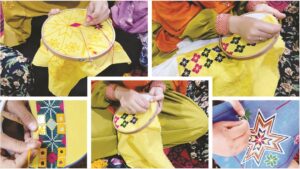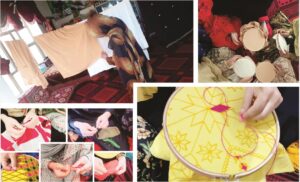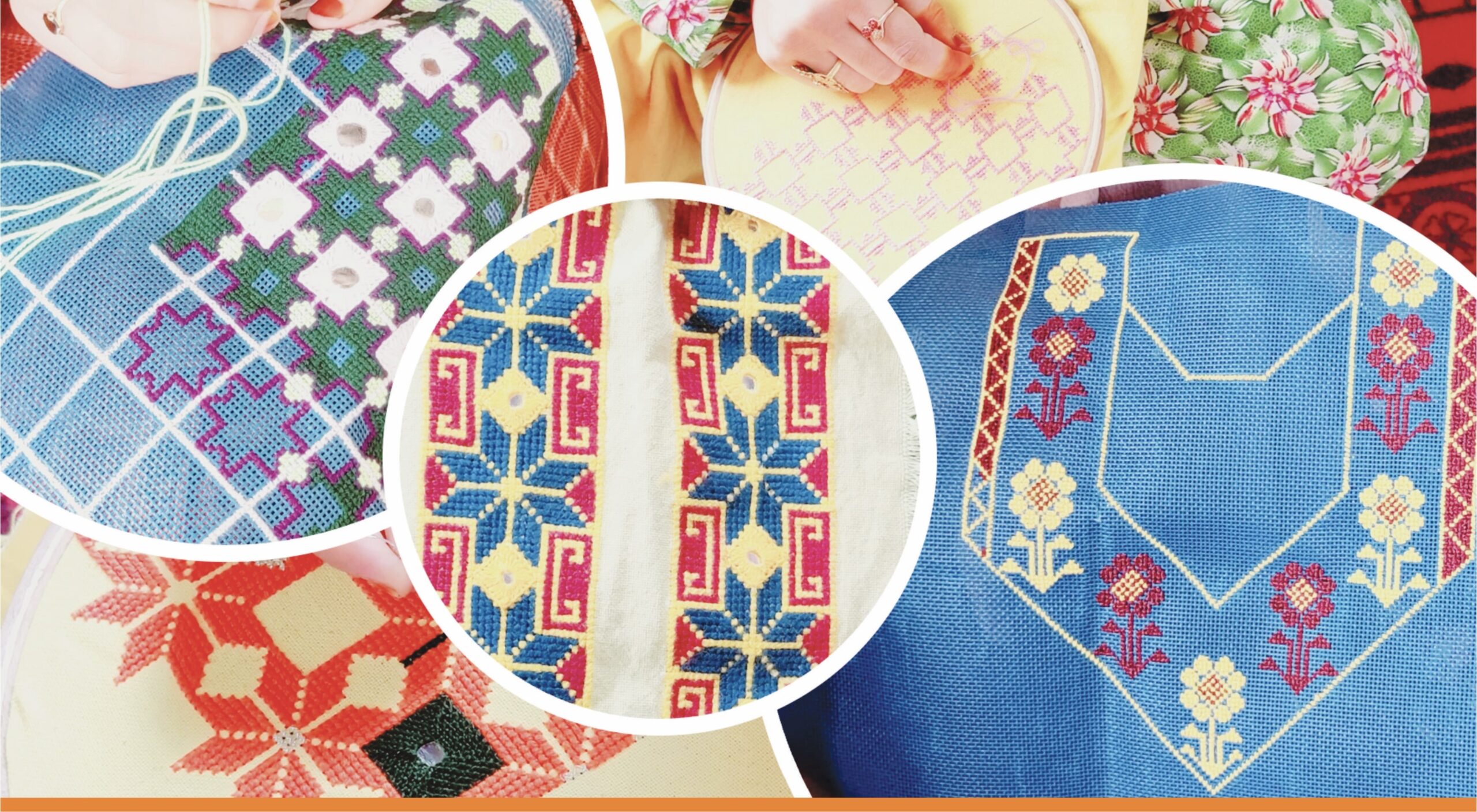Afghanistan is one of the world’s most complex emergencies and the world’s largest humanitarian crisis. Afghan people are grappling with the impact of conflict, poverty, economic decline, and natural disasters. In this context, Afghan women and girls face unique vulnerabilities and require urgent support as gender inequality is interwoven with conflict dynamics and humanitarian needs. It is essential that Afghan women and girls can continue to shape the development of their country, and that their gains are protected. UN Women remains fully committed to supporting Afghan women and girls and to putting them at the center of the global response to the crisis in Afghanistan.
HRWMO, focuses on identifying the most vulnerable women and girls in villages, refugee communities, and internally displaced persons (IDPs) under the project, and ensuring their safety and security through specific measures. We worked to enhance the safety and security of women and young people in the community by providing relevant training that enables them to initiate their own businesses and generate income.
The actors involved in the CAs themselves identified indicators based on household assets such as livestock, income, and land holdings to pinpoint vulnerable or socially marginalized groups within their community. These groups include, but are not limited to: religious and ethnic minorities, transgender individuals, women, female-headed households, children, child-headed households, landless individuals, Afghan nationals without documentation, refugees (including stateless persons and undocumented migrants), older adults, persons with disabilities, those with chronic diseases or serious medical conditions, the illiterate, and chronically poor households. This identification was conducted through a rapid mapping exercise guided by key principles.

We acknowledge and honor local cultural norms by organizing vocational education and training in collaboration with influential community leaders, ensuring the participants’ safety and security within their society.
The project also involves identifying survivors of gender-based violence (GBV) and facilitating their access to available services through safe training centers, working with SHG representing their households, who will receive capacity strengthening and technical assistance. HRWMO trained their male counterparts through community awareness-raising sessions and media programs focused on GBV, VAWC and women’s rights.
Several meetings and information sessions covered a range of topics including sexual and reproductive health, nutrition, and specific skills-building such as local vocational training related to entrepreneurship. These sessions aim to create local protection mechanisms and allies to promote and protect the human rights of women and girls within the family and the community. Additionally, the goal is to increase women’s participation in community decision-making and create spaces for their involvement.

HREWMO condcuted trainings community leaders on skills needed to address and prevent conflict, including dispute resolution, interest-based negotiation, mediation, conflict early warning and mitigation, and addressing community-level priorities and grievances.
Related Documents
Success stories:
Interviews with female entrepreneurs,
HRWMO radio panel discussion on VAWG, women’s rights, and child protection,
Radio drema,
Related project videos.
Also, check out our social media activities.
For more information on this initiative, please get in touch with Wali A. Shirzad.

